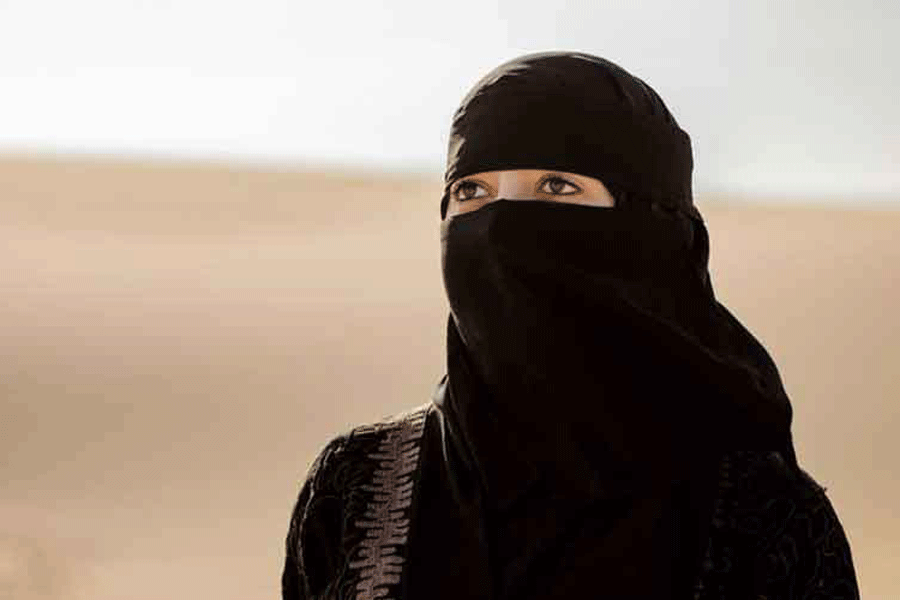At home in northern Afghanistan, 19-year-old Khushi draws a self-portrait — a figure enveloped by a blue burqa inside a cage.
The former university student once attended classes in law and political science at northern Balkh province’s main university. But she sank into depression since the Taliban closed tertiary institutions to women in December, requiring psychiatric treatment where she was recommended art therapy classes.
“When I realised that I am not mentally well, I got sad.... I was not happy at all, I was always depressed, I felt like a bird being stuck in a cage, one who has lost all her happiness,” said Khushi, who is being identified by only one name for security reasons.
“After the Taliban banned girls from universities and announced that girls can no longer continue our education, I felt so upset, day by day my mental health deteriorated, I... finally decided to see a psychiatrist in order to get better.”
Khushi sees her psychiatrist twice a month. He used to see four to five patients a day but says the number of his patients has now increased to 10 to 15 daily, most of them women. The increase became even more noticeable after the Taliban banned female students from attending universities, he said.
In a small, colourful art studio in Balkh’s capital Mazar-i-Sharif, paintings adorn the walls and several young women, including Khushi, gather for a pencil drawing class. “When I felt depressed, the doctor prescribed me to go to a place where I can calm my mind. I chose the art studio. Not only did I make good friends here, I also receive art therapy,” said a former university student at the class.











